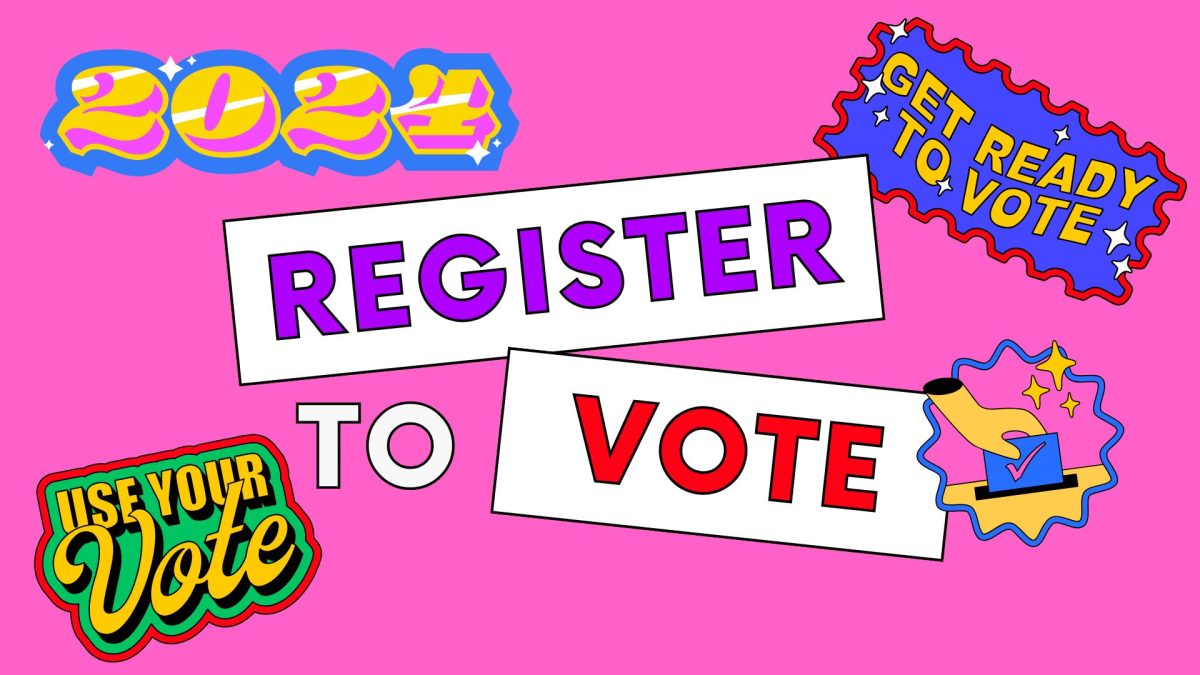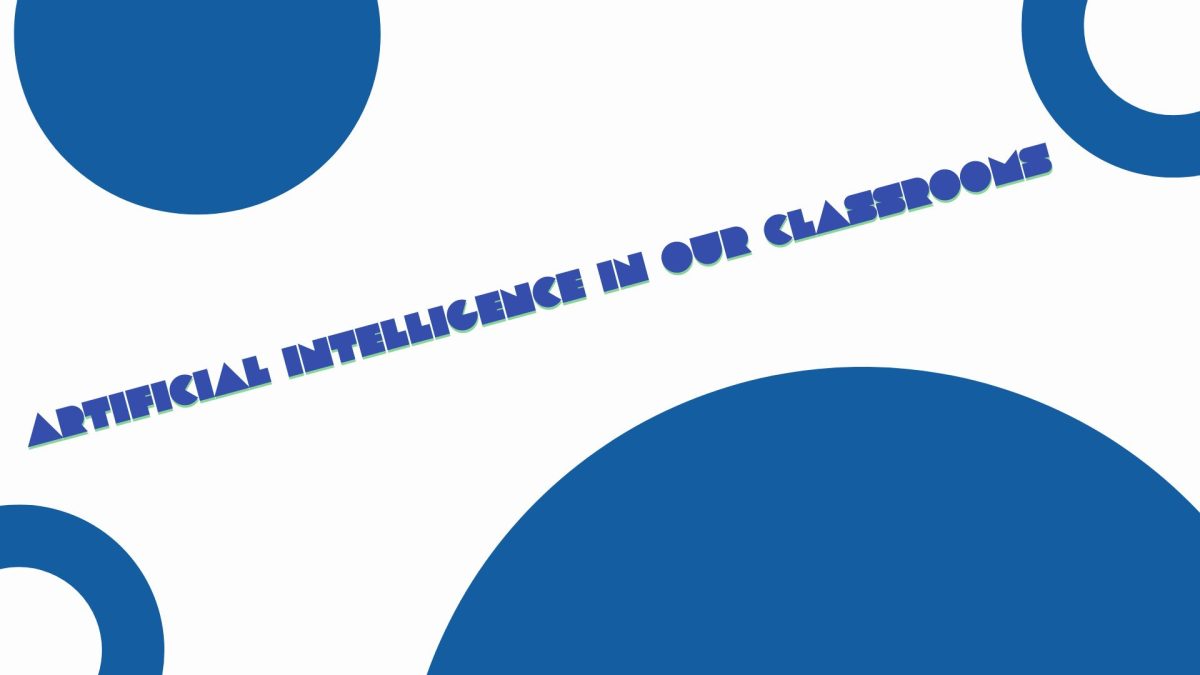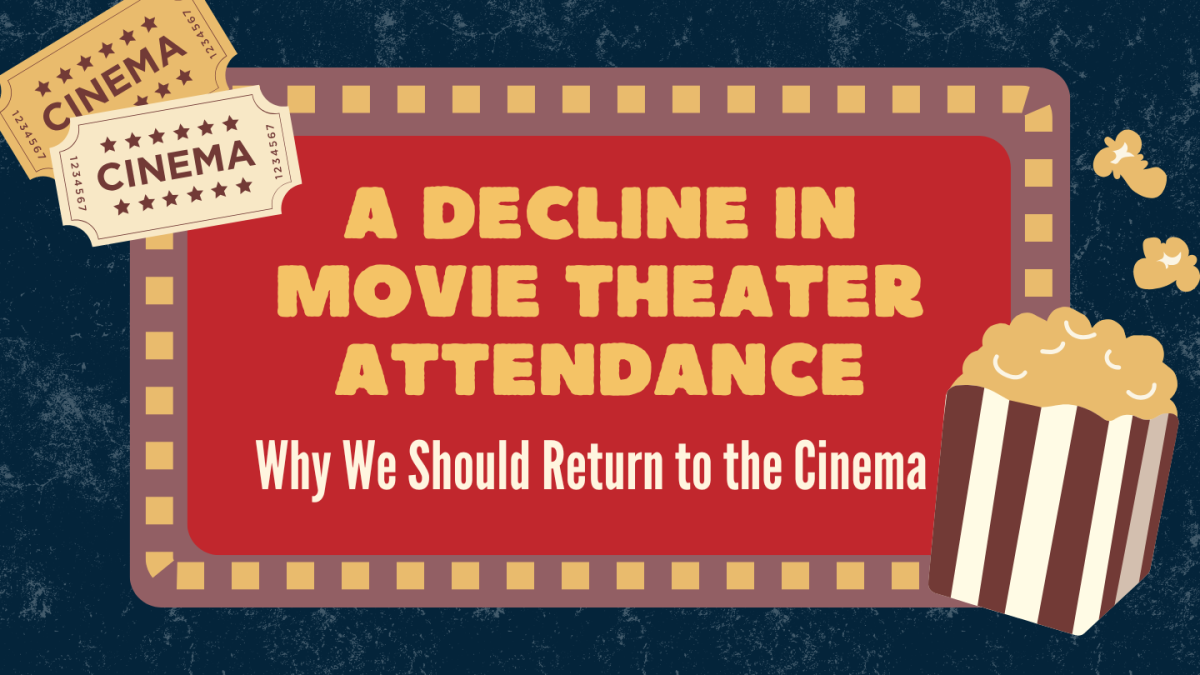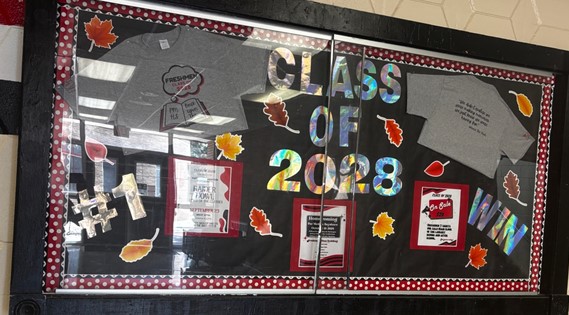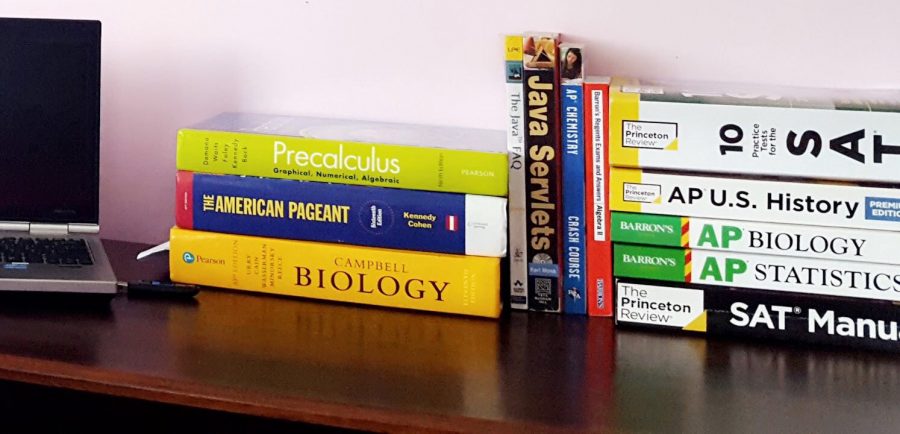At first glance, the U.S electoral process can seem a bit strange.
“Our democracy isn’t a direct democracy,” Mr. Carlson, our Participation in Government teacher, explains. “A direct democracy would mean that people like you and me going home and writing laws—we don’t do that. What we actually do is vote for people who then make the laws.”
This form of “indirect democracy” gives us the opportunity to do one of the most crucial things that we as American citizens can do…vote. And what better time than election day to “flex [our] political muscles,” as Mr. Carlson puts it.
The officials that we put into office whether it’s at a local, state, or federal scale are responsible for shaping the policies that affect our daily lives, so why not have a say in it?
One of the most misunderstood aspects of our presidential elections, are the votes themselves and the weight they hold. Each state is assigned a specific number of electoral votes based on its congressional delegation (Two Senators plus the number of representatives in the House). Our very own state has a total of 29 electoral votes.
“The magic number to win the election is 270,” Mr. Carlson explains. “So, you have to win enough states with enough electoral votes to get to that number.”
So, while the popular vote of the entire nation does nothing to directly impact the future presidency, the people still play an active role in the process as a whole.
An interesting throwback to the year 2016 shows that Hillary Clinton won the popular vote by almost 2.9 million individual votes, yet despite this, Clinton only garnered 227 electoral votes in comparison to Donald Trump’s 304.
This poses the common question, “Does my vote even matter?”
Without understanding the importance of casting your ballot, you might say no. However, it’s the state-level popular vote that influences national outcomes. Your individual vote on a grand scale might seem insignificant, but it contributes to determining the way your state swings.
One vote could flip your state.
For many voters on the younger side, politics can seem very foreign, but this generation is ready for a change. This is an especially crucial time to get registered with the issues we face today.
From climate change to student loan reforms—we need to recognize the long-lasting consequences that these matters could potentially hold in our future.
“The only way your beliefs and concerns may possibly get out there on a platform or heard by a candidate, is to vote,” Mr. Carlson adds. This is the only way to maintain a healthy democracy.
Our political systems are only as strong as the people who participate in it. This isn’t a spectator sport; this is our future. It’s time to register.
Find your best suited method of registration!
USA.gov – Register to Vote
https://www.usa.gov/register-to-vote
Vote.org – Register to Vote
https://www.vote.org/register-to-vote/
National Voter Registration Day
https://nationalvoterregistrationday.org/register-to-vote/
Rock the Vote
https://www.rockthevote.org/how-to-vote/register-to-vote/

